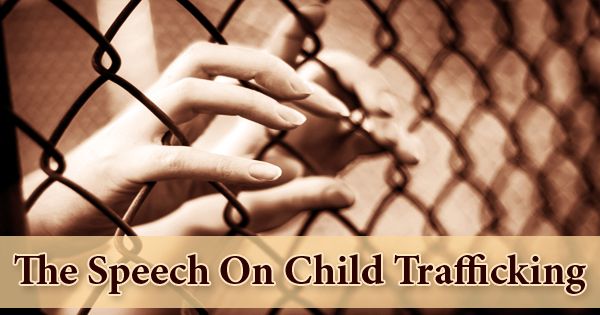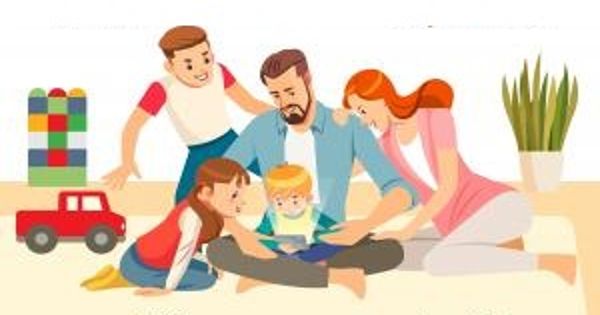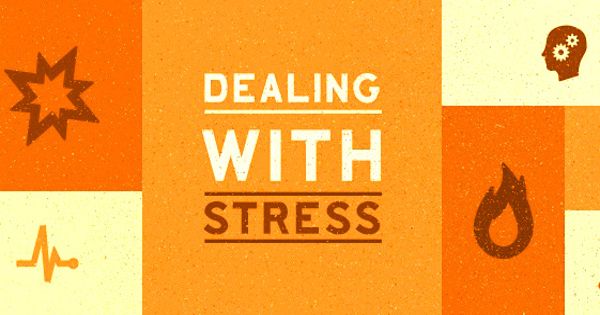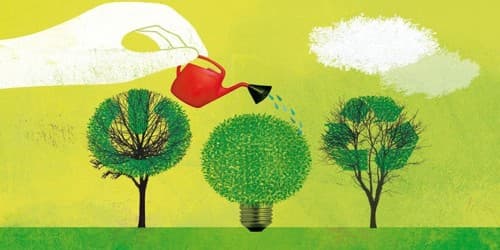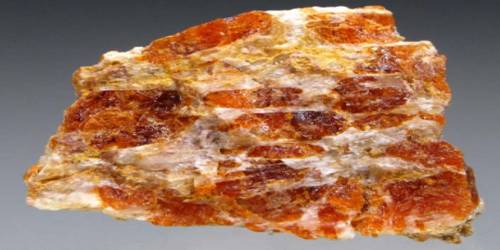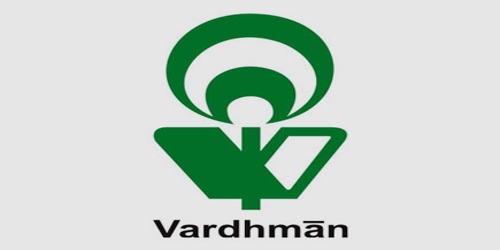A very Good Morning/Afternoon/Evening to Honorable Principal Sir/Madam, respected teachers, parents, seniors, and my dear friends/students, Warm Greetings to Everyone!
Thank you all for taking out time and being present at this seminar session. I am here today to give a speech on the topic of “Child Trafficking.” One of the serious problems that the entire world is grappling with is child trafficking. It is regarded to be a form of trafficking of human beings. It is characterized as the abduction of a child by recruitment, transport, harboring, and transfer to make them slaves, employees, or merely exploit them. In child trafficking, two-thirds of the girls found those children. It is one of the worst kinds of violence a child, especially girls, has to face. Trafficked children are exposed to dangerous conditions that are detrimental to their survival.
“There can be no keener revelation of a society’s soul than the way in which it treats its children.” As late South African president Nelson Mandela once said, the way culture helps them plan for the future is represented by children; nevertheless, there are cases of children who fall victim to the horrendous tradition of child trafficking.
We protect our children from any evil eye, but think about what happens to those children who, at such a tender age, are orphans or are left destitute because they do not even learn to walk properly. I’m sure we all come across many such kids in tattered clothes on the roadside begging for money and food. Do we not get moved by the pitiful plight of those small children when they are pushed to beg on the roadside instead of going to school and enjoying their childhood? How many of us are actively going out and taking pro-active action to pick them off the roadside or assist them in their education? Rarely does it happen, right!
Trafficked children are exposed to multiple forms of neglect and exploitation. To gain power over the kids, the traffickers impose abuse. They might be ignored mentally and emotionally, or maybe even harassed physically. Trafficked children prefer to live in conditions that are unhealthy and unhygienic. Today, from all parts of our world, children are being trafficked and sent not only across the country but across foreign borders. They are forced to do all sorts of things, such as begging, getting into prostitution, being sent as servants to households, being used as suppliers of organs, for the dirty illicit trade of organs, and even participating in something as barbaric as terrorism. All of this points to only one thing, which is that we’re chasing our own records every day of committing more horrific killings of humanity.
According to the Protocol for the Prevention, Suppression, and Punishment of Trafficking in Persons, Particularly Women and Children, trafficking in children is defined as the recruitment, transport, transfer, harboring, or reception of children for exploitation purposes. For criminal purposes, children who are the victims of sex trafficking are sometimes included. Child trafficking happens in various ways, where young people are used illegally. The numerous ways in which trafficked children are abused and used are physical assaults, trade-in organs, particularly kidneys, begging on the streets, child labor.
Several international, state and national instruments deal with child trafficking. These methods are used to determine what constitutes legal trafficking in children so that effective legal action can be taken against those who participate in this activity and facilitate it. A number of concepts, including conventions, agreements, memorandums, joint acts, recommendations, and statements, call for these legal instruments. Child trafficking, like any other epidemic in the world, still has its root causes, which are again the serious problems for which we have not been able to find a solution. Unemployment, hunger, and a lack of education are at the top of the list. Hunger can make you do something, they say, it definitely can, which is why, in many instances, parents themselves sell their children to these trafficking groups for money.
Most significantly, regional and international collaboration is needed to verify that Southeast Asia countries comply with current anti-trafficking laws and the legitimacy of prosecutions against those who are complicit in trafficking in human beings. Child trafficking also entails both labor and migration. These international frameworks, as such, explain cases where such activities are illegal. Children trafficked for domestic servitude may sustain injuries and become depressed. Those trafficked for physical abuse have to face multiple births, sexually transmitted diseases, abuse that can lead to the child’s untimely death.
Parents are promised to provide their child with adequate jobs and taken away in certain instances, but the child is illegally forced into prostitution, organ trade, or other such heinous stuff, and parents never get to see their children again. There is a group of kids who can not roam or play fearlessly as one can never know what could happen next to them, and there is another group that has been made a thing of their own parents to sell so that they can live and beat hunger. Some blame it on hunger, some blame it on unemployment, some blame it on illiteracy, and some on degrading morality. But there is no excuse for this inhumane act, I believe, because all of these are intertwined and lead to each other. In reality, for anything as shameful and dark as child trafficking, there can be no excuse.
The significant field of work for the member organizations of Save the Children is the fight against trafficking and the protection of children from sexual violence and exploitation. Save the Children claims that one of the worst ways of neglect of children’s rights is the sexual exploitation of children and child trafficking. It can lead to physical and psychological harm that is permanent, including death.
Unmated family needs are one of the driving factors in child trafficking, in which the family sells their children to traffickers for the sole purpose of their own survival. To improve their economic circumstances, families are drawn to high wages from child trafficking, which causes them to give up their own children. In rural areas, child marriage is also part of child trafficking, where young girls are forced to marry men far older than their age. Young girls are treated and physically abused as slaves. The rural section is ignorant of the constitutional rights to protect themselves and the legal regulations. The traffickers mostly target uneducated citizens.
Doesn’t all this expose our society’s hypocrisy and double-standard that where, on the one hand, the government speaks about educating its young people and, on the other, it remains flaccid and does little to protect the poor and destitute children’s future? Are we not responsible, as a society and as a country, for those poor children who are forced to live a life of suffering? If we are unable to bless them with a decent life, we are not even entitled to take away the enjoyment of their innocent childhood. UNICEF has found that children who are forced to beg by third parties are sometimes separated from their families, surrender to their exploiters the majority of their wages, suffer unhealthy working and living conditions, and are often mutilated to raise profits.
Since they are less mature and less likely to grasp the difference between what is right and what is wrong, children have become a very simple target for trafficking. It is a common problem worldwide and needs urgent attention to be curbed. If children are the future and this is the state of our country’s children, then our future certainly seems bleak. I think we have a long way to go before we say “we are free”; if we cannot provide our children with safety and freedom to roam without fear if we cannot guarantee them a full stomach and cannot encourage these little angles to dream.
This is all I have to say today.
Hope you all have a great time.
Thank you all.
